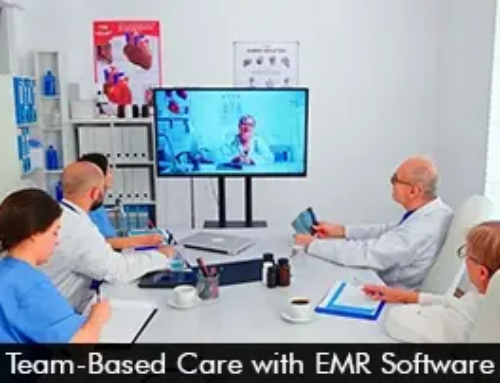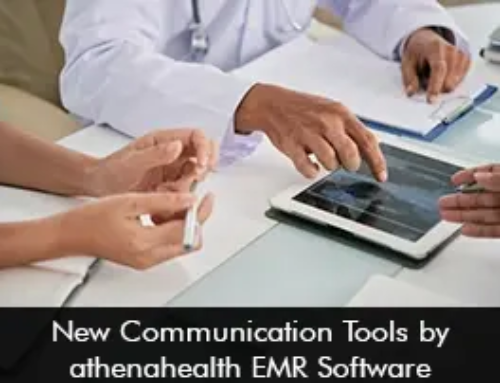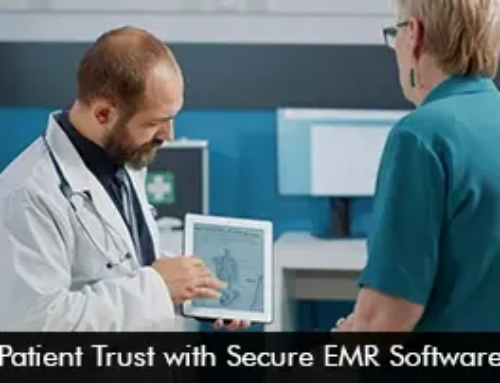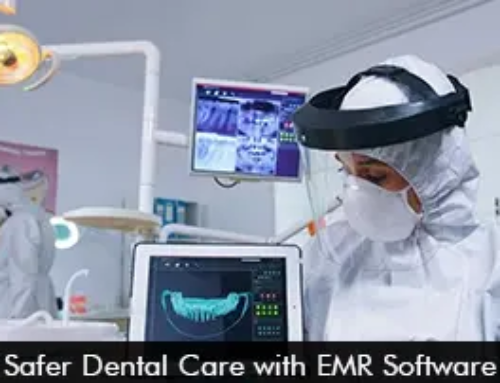Sleep apnea is a common yet under-diagnosed condition affecting millions worldwide, contributing to serious health problems such as cardiovascular disease and cognitive decline. Timely diagnosis and treatment are crucial, but fragmented patient data and lack of comprehensive tracking have traditionally hindered effective care. This is where Electronic Health Record (EHR) systems play a transformative role. By consolidating patient information and integrating with diagnostic tools, EHRs streamline the diagnosis and treatment process for sleep apnea. In today’s healthcare landscape, where precision and efficiency are paramount, EHR systems have become indispensable in managing chronic conditions like sleep apnea.
The Role of EHR in Sleep Apnea Management
Centralized Patient Data for Diagnosis
- EHR systems collect and organize patient medical histories, including previous sleep-related complaints, co-morbid conditions (like obesity and hypertension), and lifestyle factors such as smoking or alcohol consumption.
- This centralized data helps sleep specialists identify patterns and symptoms that may indicate sleep apnea, leading to quicker, more accurate diagnoses.
Integration with Sleep Diagnostic Devices
- One of the key advantages of using EHR systems in sleep apnea management is their ability to integrate with sleep study equipment, such as polysomnography devices and home sleep apnea testing (HSAT) tools.
- These integrations allow real-time data from sleep studies—like respiratory events, oxygen saturation levels, and heart rate fluctuations—to be automatically uploaded into the patient’s medical record, improving the efficiency of analysis and diagnosis.
Tracking Treatment Progress and Compliance
- EHRs also enable sleep specialists to track the effectiveness of treatment options, such as Continuous Positive Airway Pressure (CPAP) therapy.
- The system can monitor adherence to therapy, record patient feedback on comfort and efficacy, and adjust treatment plans as necessary.
- EHRs make it easier to manage long-term treatment, ensuring that patients remain compliant and benefit from their prescribed therapies.
Remote Monitoring and Telehealth Integration
- EHR platforms with telemedicine capabilities allow sleep specialists to monitor patients remotely, reducing the need for in-person visits.
- Patients can use wearable devices or home-based monitoring systems, which upload data to the EHR in real time.
- Physicians can then review this data during virtual consultations, enhancing patient care without geographical barriers.
Automated Scheduling and Follow-ups
- Sleep apnea often requires ongoing monitoring, especially in cases of moderate to severe apnea. EHRs can automate reminders for follow-up appointments and repeat sleep studies, ensuring patients receive the care they need without lapses.
- This proactive approach helps prevent the condition from worsening and reduces the long-term healthcare burden.
Top 5 EHR Systems for Sleep Apnea Diagnosis and Treatment
EpicCare
Known for its robust integration with diagnostic tools and extensive data management features, EpicCare is widely used across large healthcare systems.
Cerner
Cerner’s interoperability with various sleep study devices and its comprehensive patient data modules make it a top choice for sleep specialists.
eClinicalWorks
This cloud-based EHR offers excellent integration with home sleep test devices, making it easier for small practices to manage sleep apnea patients.
Athenahealth
Ideal for practices focused on chronic disease management, Athenahealth offers real-time analytics that help monitor long-term treatment efficacy.
Allscripts
Allscripts is highly regarded for its customizable workflows, making it easier to track sleep study results and patient progress over time.







